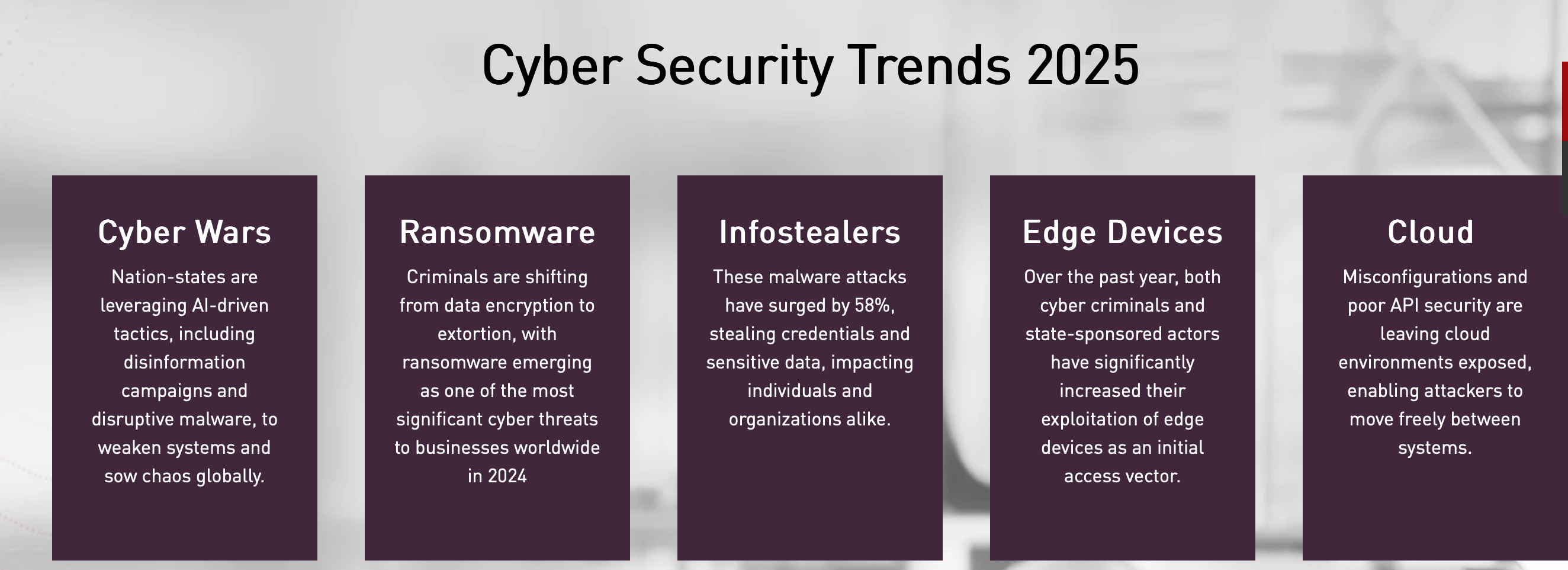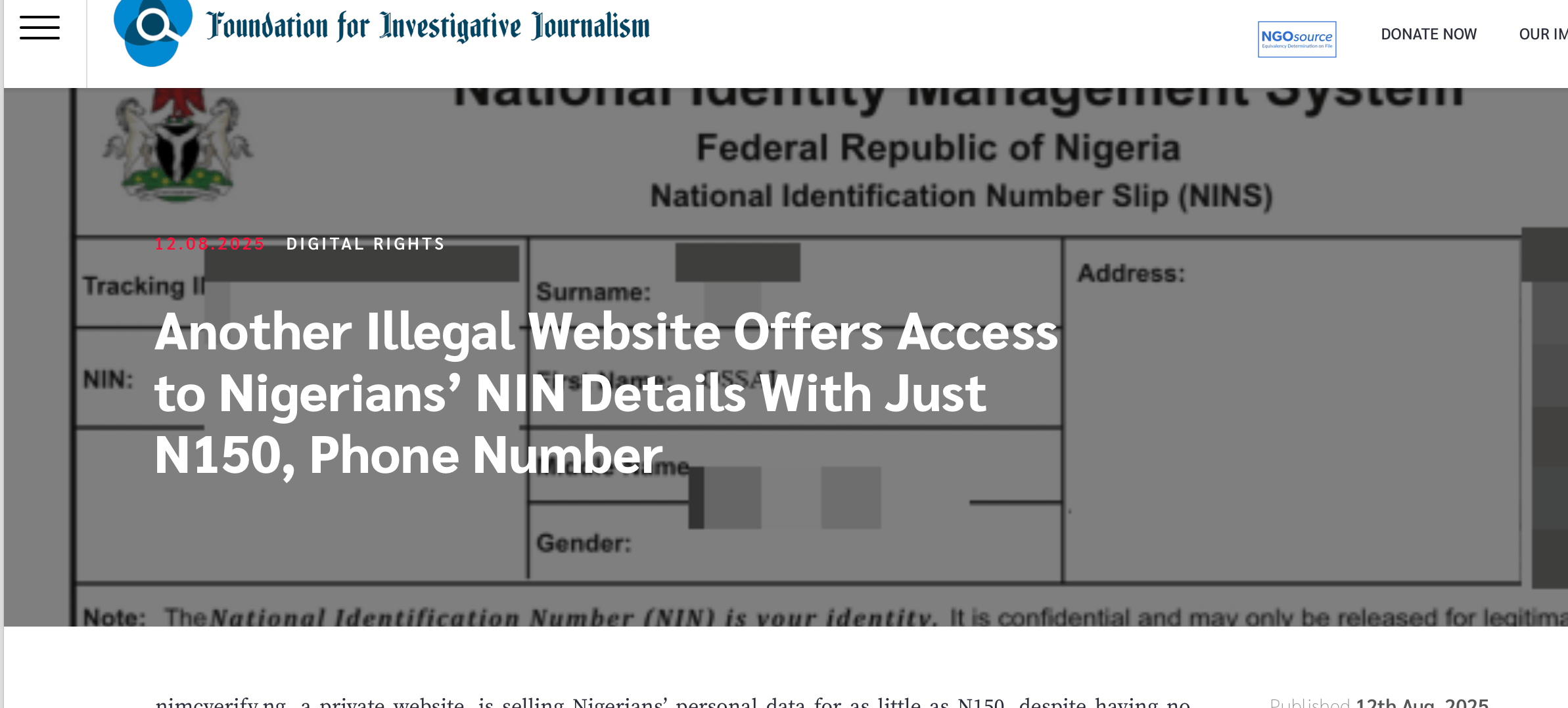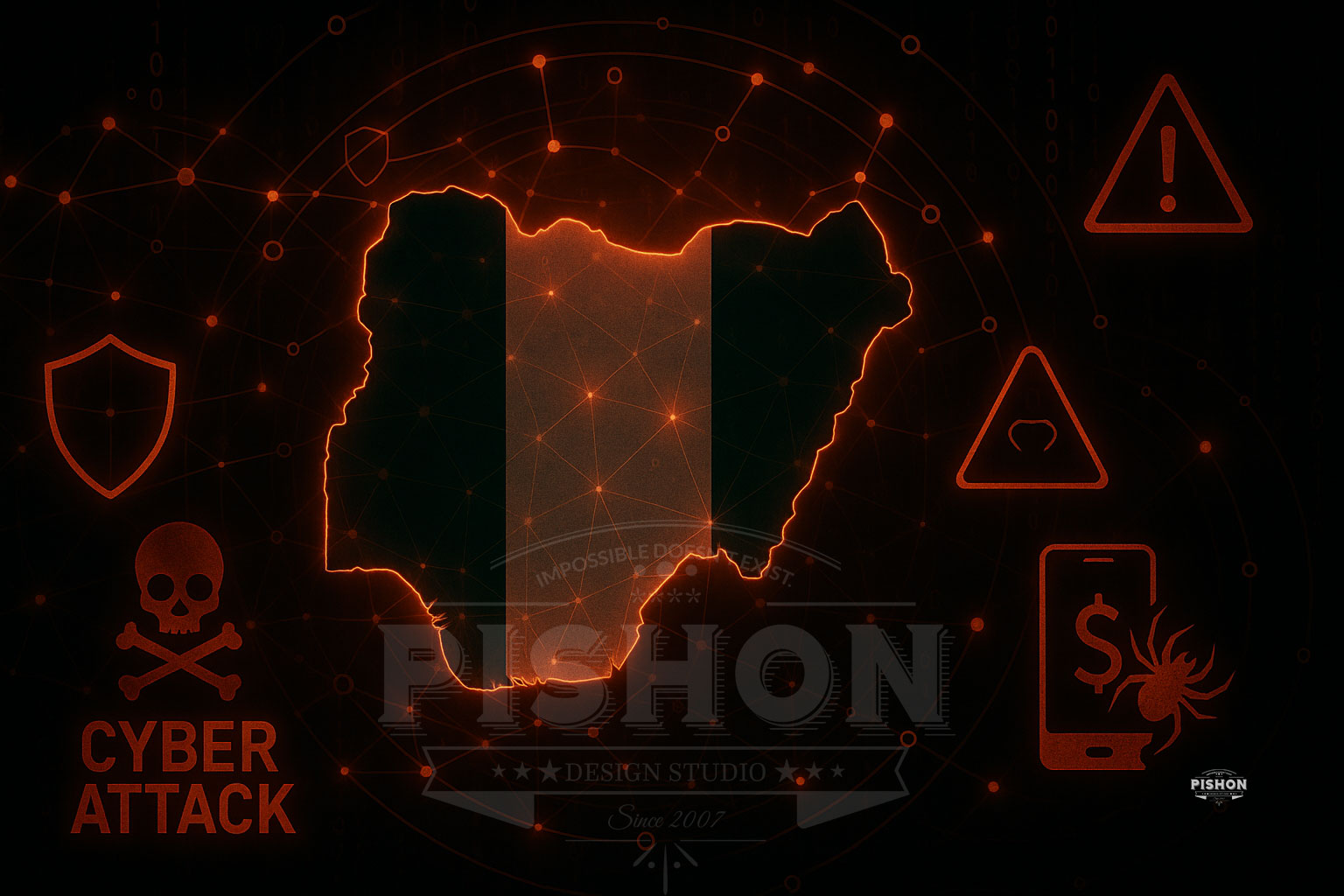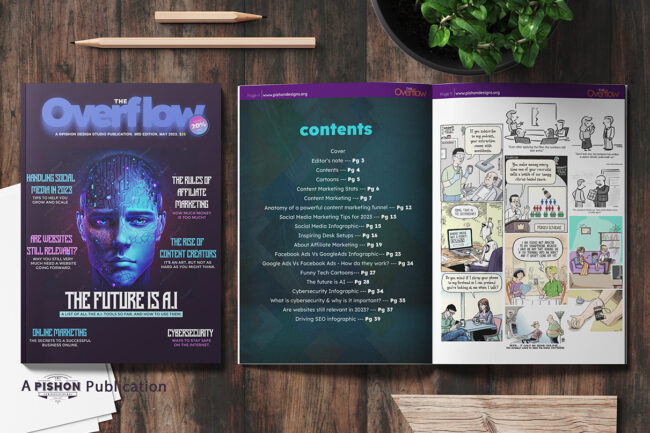Nigeria has become Africa’s biggest target for cybercriminals—and the numbers are absolutely terrifying. With 6,101 weekly cyberattacks in July 2025, almost triple the global average of 1,947, every Nigerian using online banking, mobile money, or even WhatsApp is now in the crosshairs. Nigeria cybersecurity threats have reached crisis levels, and most people have no idea how exposed they really are.
Nigeria Leads Africa in Cyber Attacks
Nigeria cyber attacks statistics 2025 paint a grim picture. The country has recorded the sharpest rise in cyberattacks globally—a staggering 67% year-on-year surge—according to Check Point Software’s latest Global Threat Intelligence Report.

To put this in perspective: while the global average sits at under 2,000 weekly attacks per organization, Nigerian companies are getting absolutely hammered with over 6,000. Kenya follows with 3,468 weekly attacks, but Nigeria is in a league of its own.
This isn’t just big businesses getting hit. Nigeria banking security, telecommunications, and government services were the most targeted sectors—which means your mobile network, government databases, and banks are all under constant siege.
Why Nigeria? The Perfect Storm for Cybercriminals
1. Digital Boom but no Security to back us up. God Abeg.
Nigeria’s internet explosion created millions of sitting ducks overnight. Internet users jumped to 134.78 million with broadband penetration soaring to 42.24% by October 2024. This digital transformation Nigeria means more Nigerians are online than ever—but most lack basic cybersecurity knowledge.
It’s like giving everyone a car but never teaching them to drive. Recipe for disaster.
2. Economic Pressure Creates Desperate Targets:
Nigeria continues to face brutal economic realities that make cybersecurity an afterthought. With annual inflation exceeding 30%, rising unemployment, and mounting debt, both individuals and organizations are cutting corners on security spending.
When you’re struggling to pay rent, a cybersecurity subscription feels like a luxury. Criminals know this.
3. The Skills Gap = Sitting Ducks
Here’s the most terrifying stat: Africa has only 20,000 qualified cybersecurity engineers for the entire continent. – Lionel Dartnall, acting country manager for South Africa at Check Point, quoted in Dark Reading article “Nigeria Touts Cyber Success as African Cybercrime Rises”
Nigeria cybersecurity skills shortage leaves organizations completely defenseless against sophisticated attacks.
The Attacks Hitting Nigerians Right Now
1. Romance and Investment Scams
In December 2024, Nigerian authorities arrested 792 suspects allegedly involved in a romance and cryptocurrency-investment fraud ring. The twist? Nearly a quarter of those detained were not Nigerian citizens and included 148 Chinese, 40 Filipinos, two Kharzartans, one Pakistani, and one Indonesian.
These aren’t local scammers. These are international criminal syndicates setting up shop in Nigeria to exploit both Nigerians and the global diaspora.
2. AI-Powered Fraud
Forget amateur scams. Nigeria cyber threats in 2025 include fraudsters using generative AI to create hyper-realistic fake documents, voices, and images, enabling them to steal identities and commit financial crimes. That WhatsApp voice note from your “brother” asking for emergency money? It might be AI.
3. Mobile Banking Massacre
Nigeria mobile money security is under siege. The recent Operation Red Card targeted mobile banking, investment, and messaging app scams across Africa, with Nigeria seeing the highest arrests—130 people, including 113 foreign nationals.
Your Opay, PalmPay, Kuda, and traditional banking apps are all being actively targeted by organized crime.
The financial sector is hemorrhaging money. Access Bank cut fraud losses to ₦1.69bn in 2024, but attempted fraud cases surged past 11,000—that’s just one bank. Imagine the scale across all Nigerian financial institutions.
Nigeria (3,459) and Kenya (3,030) suffered significant ransomware detections in 2024, including attacks on critical infrastructure, such as a breach at Kenya’s Urban Roads Authority (KURA), and on government databases, such as hacks of Nigeria’s National Bureau of Statistics (NBS). – Source
Other causes for concern, outside access Bank?

- Nigeria suffered 3,459 ransomware detections in 2024
- Nigeria’s National Bureau of Statistics (NBS) was breached
- Nigeria’s National Identity Management Commission (NIMC) had sensitive data sold on the dark web
If government databases aren’t safe, your bank account definitely isn’t.
The Government Response: Too Little, Too Late?
Nigeria’s government isn’t sitting idle. Since the start of 2022, Nigeria’s Economic and Financial Crimes Commission (EFCC) have convicted 2847 people in connection with cyber-related crimes. But with attacks increasing by 67% year-on-year, arrests aren’t keeping pace with new threats.
The government even had to pause the implementation of a cybersecurity tax after public dissent in 2024—showing how cybersecurity remains a political hot potato while criminals run wild.
What You Can Do Right Now
1. Secure Your Mobile Money
- Enable two-factor authentication on all banking apps
- Never use public WiFi for financial transactions
- Set up account alerts for every transaction
2. Protect Your Social Media
- Don’t post travel plans or expensive purchases
- Verify friend requests from people you already know
- Never click suspicious links, even from “friends”
3. Guard Your Personal Information
- Don’t give out your BVN or NIN over the phone
- Be suspicious of “free” prizes or lottery wins
- Verify bank calls by hanging up and calling back on official numbers
Okay, enough bad gist abeg.
The Bottom Line
Nigeria’s digital revolution is real, but so is the cybercrime epidemic targeting every Nigerian online. With 25% of respondents from cyber-mature organisations reported 11 or more cybersecurity incidents in the past year, even the most prepared organizations remain vulnerable.
The question isn’t whether you’ll be targeted—it’s whether you’ll be ready when it happens.
Zee
Related Posts (Check alllll of them out. It will help you.)
Seriously.
- Why Your Brand Needs a Real Website — Not Just an Instagram Page
- Top 6 AI Tools to Boost Productivity in 2024
- 10 Top VPN Services you should use (2021 Update)
- 5 tech skills if you’re new to tech
- Nigeria tops global cyberattack surge – Pulse Nigeria
- Nigeria becomes 13th most vulnerable country – Techpoint Africa
- INTERPOL Africa Cyberthreat Assessment Report 2025
- Nigeria’s Cybersecurity Outlook 2025 – Deloitte













